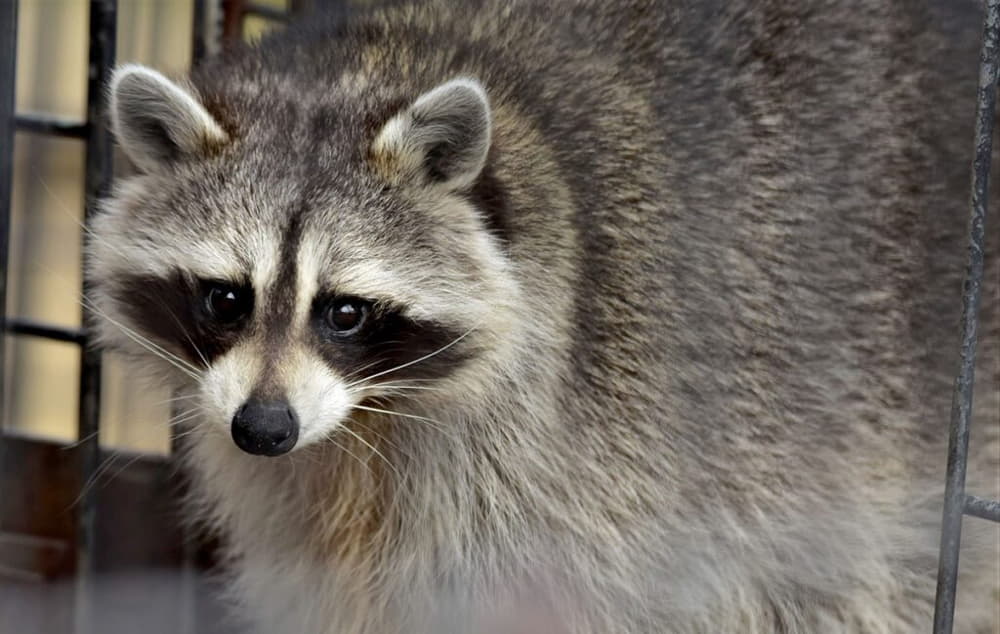Many hunters are concerned about killing a raccoon on their property because raccoons often visit residential areas in search of food or causing nuisance. But, is it illegal to kill a raccoon on your property?
You need to consider the ecological and legal consequences of killing raccoons on private land. Although the goal of eliminating raccoons may be good, it can have negative environmental and social impacts.
In many places, raccoons are considered wild animals, and regulations govern their treatment. Different jurisdictions have different rules and laws surrounding killing raccoons on your property.
The rules primarily focus on factors such as ethics, habitat disruption, and population control. Property owners must understand local legislation as well as natural dynamics in order to make sound decisions. Failure to comply with these laws can result in fines or other legal consequences.
Table of Contents
Is It Illegal To Kill A Raccoon On Your Property?
Yes, in general, it is illegal to kill a raccoon on your land without a permit. However, the laws regarding killing raccoons on your private land vary from state to state and even from municipality to municipality. There are also exceptions to this rule, such as if the raccoon poses a threat to human health or safety.
State Laws
Raccoons are classed as wild animals in many jurisdictions, and their management is governed by strict regulations. In some states, it is illegal to kill any wild animal without a license, unless they are causing property damage or posing a threat to human health or safety. This law covers states such as California, Florida, New York and Illinois.

However, even in these cases, homeowners must usually follow specific guidelines. For example, they are permitted to kill raccoons only through specific techniques such as trapping or shooting. You must receive a depredation permit from the Department of Fish and Wildlife in these instances. This permission, which must be renewed annually, allows for the slaughter of raccoons using defined means such as trapping or shooting.
In contrast, in Texas, homeowners are allowed to kill raccoons on their property without a permit if they are causing damage to crops or property. It’s important that you do it humanely. Additionally, you must follow specific guidelines set by the Texas Parks and Wildlife Department. This includes using humane methods of killing and disposing of the carcass properly.
Same as Texas, in Georgia, you are not allowed to shoot raccoons on their property without a permit, even if they are causing damage. This permit must be obtained from the Department of Natural Resources and only allows for the use of certain firearms and ammunition.
Another restriction is that certain states only allow raccoon killing at particular times of the year or may necessitate reporting raccoon kills to local authorities. So, you need to contact your local wildlife department to determine the laws in your area, if you are considering killing a raccoon on your land. You may also want to consult with an attorney to get legal advice.
Federal Laws
There are federal statutes that protect raccoons in addition to state ones. The Endangered Species Act (ESA) is the most important law, as it protects all animal species, including raccoons. This means that if a raccoon is classified endangered or threatened, killing it could result in federal penalties.
Read this post: Where To Shoot A Raccoon With A Pellet Gun?
Consequences of Killing a Raccoon On Your Property
There are 3 common consequences that individuals may face for unlawfully killing a raccoon on your property. This includes legal penalties, civil liability and ethical consequences. Penalties for killing raccoons vary by jurisdiction, as wildlife laws are typically enforced at the state or local level.
Legal Penalties
Killing a raccoon on your property without the proper permits or in violation of wildlife protection laws can result in legal consequences. These penalties may include fines, citations, or even criminal charges. In many jurisdictions, using inhumane methods to kill a raccoon, such as poison or cruel traps, lead to animal cruelty charges.

Authorities emphasize humane and non-lethal methods of dealing with raccoon-related issues include the use of live traps, exclusion devices. Violation of Animal Welfare Laws leads to serious legal consequences.
Civil Liability
In addition to legal consequences, individuals also face civil liability if their actions result in damage to another person’s property or harm to their pets. This can lead to lawsuits and financial repercussions.
Ethical Consequences
Arbitrarily and cruelly killing raccoons is against morality and social standards. This was widely condemned in the community. Killing raccoons should not be taken lightly and you need to strictly follow wildlife conservation regulations.
Engaging in cruel or environmentally irresponsible activities that damage an individual’s reputation, especially if the incident becomes public knowledge. Besides, removing raccoons without careful consideration could have unintended ecological consequences.

